Cystic Ovaries in Guinea Pigs
Female guinea pigs, which are also referred to as cavies, have reproductive organs that can become infected, plagued with cancer, impregnated, cystic and develop other problems if not removed. The ovaries, just like in human women, can develop cysts that can cause a number of issues, including pain, in your guinea pig but thankfully these cystic issues can be avoided with a simple surgical procedure.
What are Ovaries?
Ovaries are the egg excreting part of the reproductive tract in humans and animals. They are located on both ends of the "V" shaped uterus that female guinea pigs have and are also small glands that secrete hormones. These glands are very complicated and develop normal, important things including follicles, corpus luteum from the empty follicle, and eggs, but they can also create fluid filled cysts that cause problems for female guinea pigs who have not been spayed.
What are Cysts?
A cyst is simply a pocket in the tissue that is filled with some sort of material such as air, pus, or another fluid. Ovarian cysts are fluid-filled pockets or bubbles inside your female guinea pig's ovaries that develop when the follicles inside the ovaries don't release the eggs they are supposed to do. Humans also get many different kinds of ovarian cysts.
Why are Cystic Ovaries a Problem in Guinea Pigs?
The biggest concern with cystic ovaries in guinea pigs is when they burst, which can be extremely painful. A guinea pig is already uncomfortable prior to a cyst bursting and because guinea pigs will stop eating and defecating when they experience discomfort or pain, simply having cysts, even if they don't pop, can be life threatening if your guinea pig develops ileus.
Ileus, or GI stasis, will cause a guinea pig to die if it is not addressed immediately.
How Do You Know if Your Guinea Pig Has Cystic Ovaries?
An obvious symptom of ovarian cysts is symmetrical alopecia on your guinea pig's abdomen. This hair loss that is the same on both sides of your guinea pig's belly is a tell-tale sign that it has ovarian problems. Many owners bring their guinea pig into their exotics vet for hair loss thinking their pet has some sort of external parasite like lice and instead discover there is a much bigger reason for the alopecia.
Your exotics vet may be able to feel a large cyst or pair of cysts inside your guinea pig along with abdominal discomfort when they are performing a physical exam. Your veterinarian may then recommend an X-ray or abdominal ultrasound to confirm the presence or absence of cystic ovaries. They may also attempt to sample the fluid in the cyst by inserting a needle into the abdomen and into the cyst in order to make a diagnosis.
What Can Be Done for Cystic Ovaries?
The only way to "fix" cystic ovaries it by removing them. Typically a full ovariohysterectomy, often called a spay, is recommended as soon as possible for your guinea pig. Your exotics vet will spay your guinea pig as they normally would, even if it didn't have cystic ovaries, and this will get rid of your guinea pig's problems and prevent them from happening again.
What Other Problems Can Guinea Pig Ovaries Have?
In addition to developing cysts, guinea pig ovaries can also unfortunately develop tumors and cancer. The best way to prevent it from occurring in your guinea pig is to have it spayed. Spaying a guinea pig completely removes the ovaries if an ovariohysterectomy is performed.
In people, a hysterectomy is usually only done and not an ovariohysterectomy. This means only the uterus is removed in people but usually the ovaries are removed along with the uterus in pets. This is a routine procedure for any veterinarian experienced with guinea pigs.
Ovaries also play an important role in allowing a guinea pig to get pregnant. The ovaries release the eggs and can be fertilized if a male and female guinea pig copulate. Baby guinea pigs are not something most pet owners want since they require more time, space, and finances to care for.
Explore Dogs
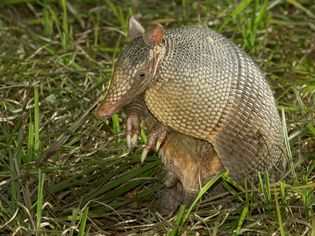
Should You Keep an Armadillo as a Pet?
Of the 20 species of armadillo in the wild, only a few are kept as pets in the United States, and e...
Read More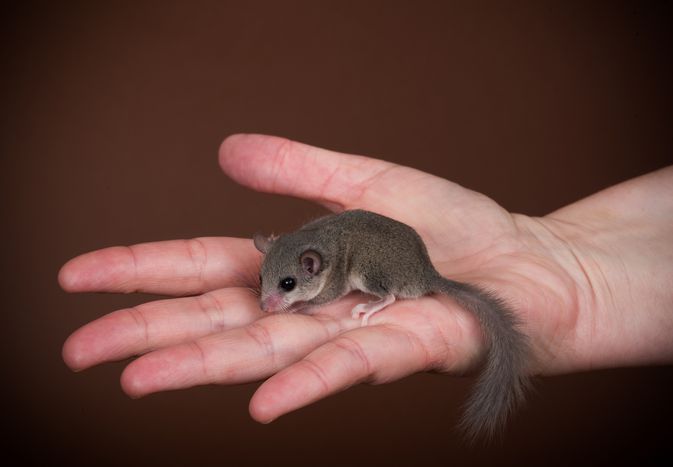
Should You Keep an African Dormouse as a Pet?
The African dormouse, also known as a micro squirrel, is a tiny rodent that looks a lot like a very...
Read More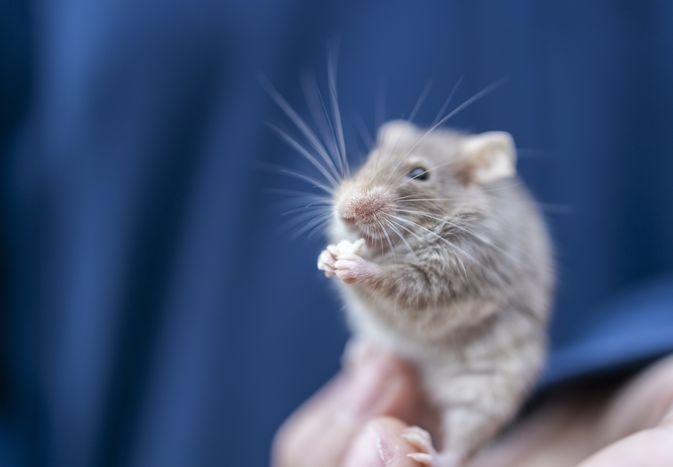
How to Care for a Pet Mouse
Pet mice are entertaining to watch and easy to care for, and they make very few demands on their ow...
Read More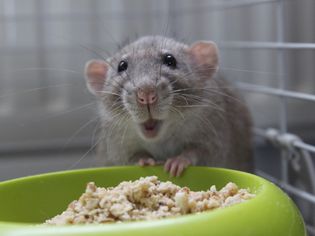
Caring for Mouse Teeth
Not all pets have problems with their teeth but pet mice have unique teeth that can have serious is...
Read More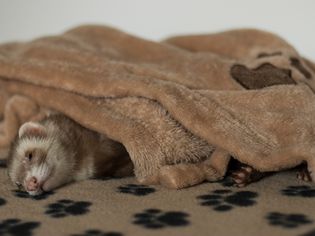
Ferret Lymphoma
Ferret lymphoma (also referred to as lymphosarcoma) is an awful kind of cancer that is commonly see...
Read More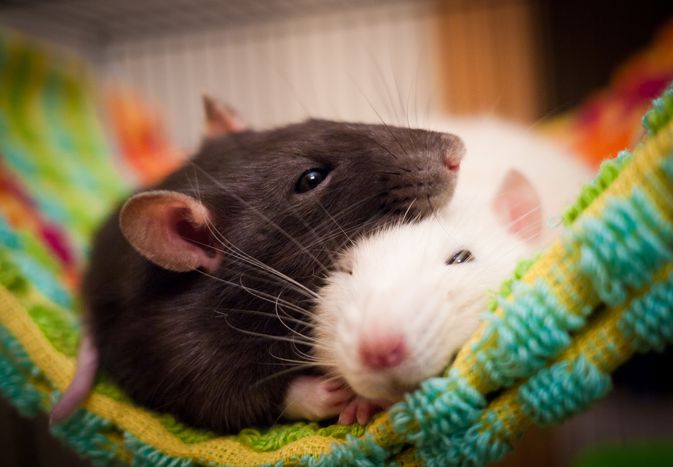
A Guide to Keeping and Caring for Pet Rats
Rats have a reputation for being pests or vermin, but they are intelligent and social animals, and ...
Read More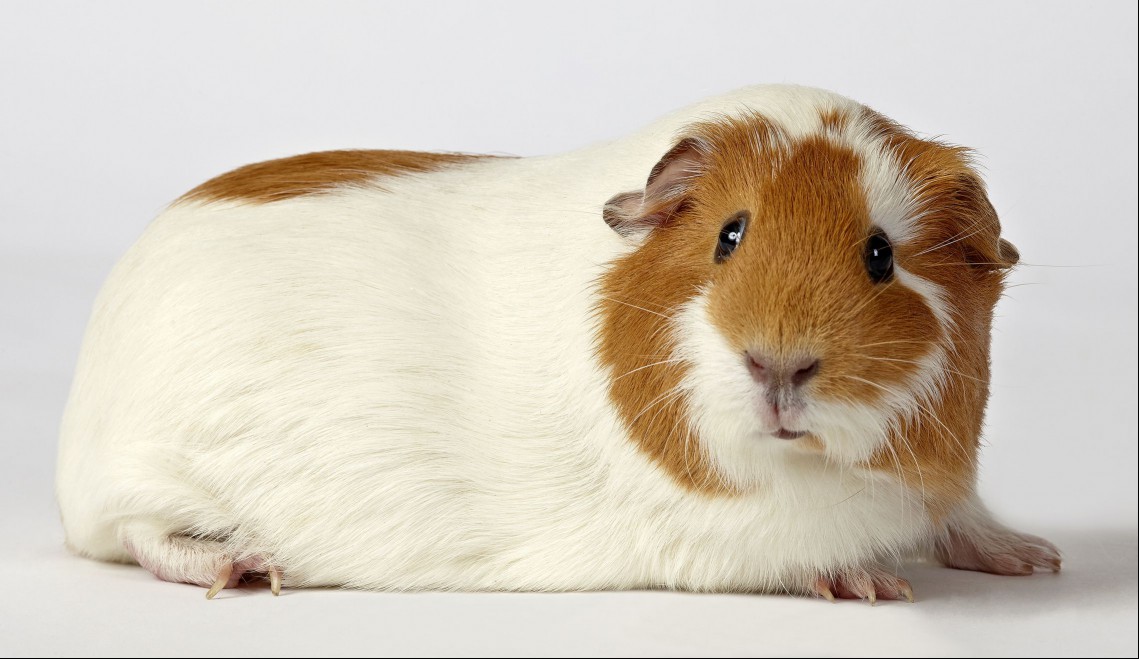
Cystic Ovaries in Guinea Pigs
Female guinea pigs, which are also referred to as cavies, have reproductive organs that can become ...
Read More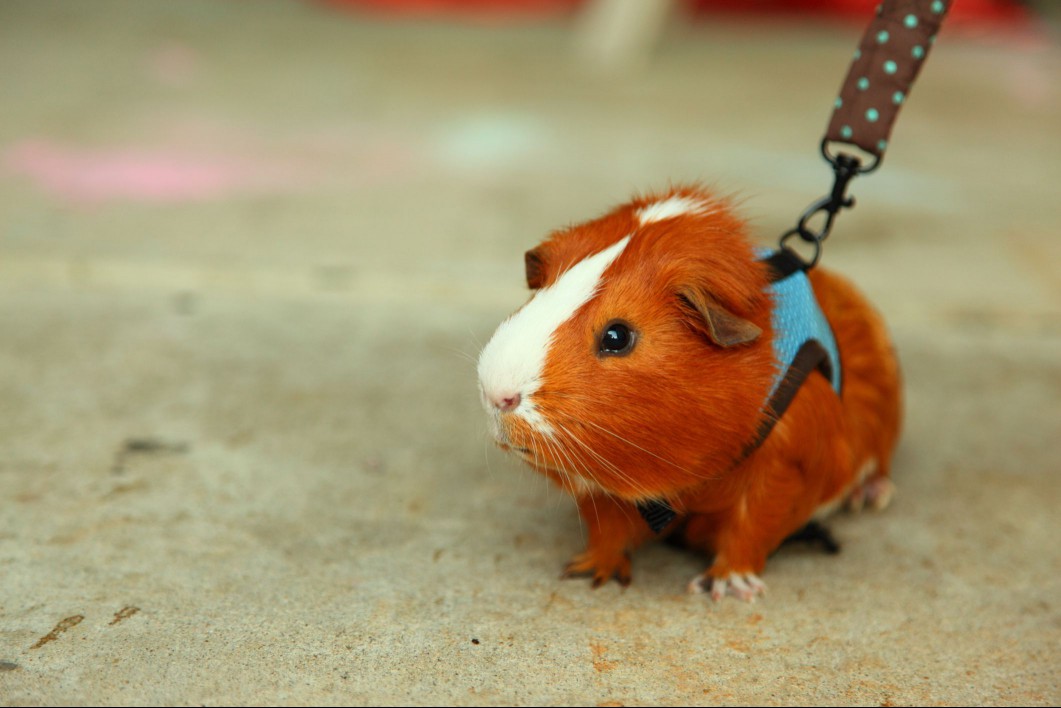
Broken Guinea Pig Legs
Guinea pigs are popular kid's pets for several good reasons, but this doesn't mean they are indestr...
Read More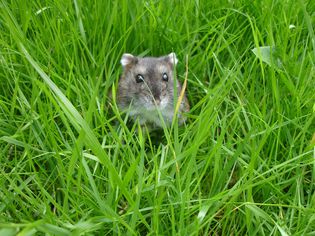
How to Care for a Pet Winter White Dwarf Hamster
Winter white dwarf hamsters, also known as Russian dwarf hamsters, are small hamsters with social p...
Read More